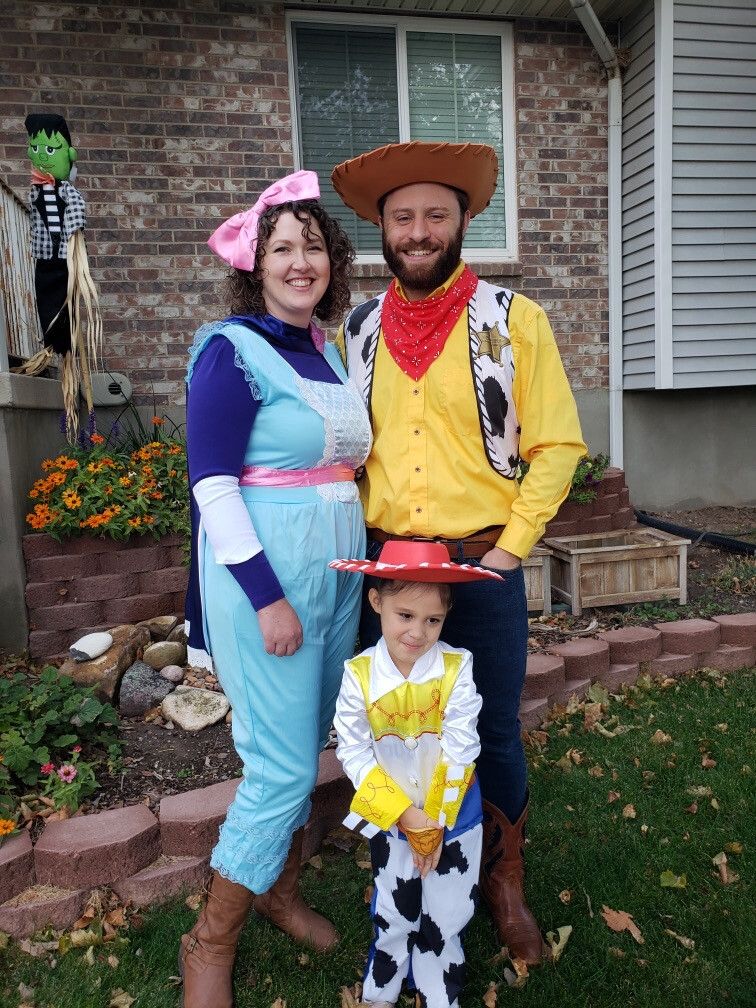No matter what your circumstances are, no matter how desperate, confused, scared or isolated you may be feeling now, it’s important to remember that you have rights. As an expectant parent who is thinking about adoption, you have the right to
- Find out what your options are
- Get honest answers to your questions
- Be treated with respect and dignity
- Make decisions without pressure or coercion
- Change your mind about placing your baby for adoption
First and foremost, you have the right to get free and confidential counselling.
- A counsellor will explain what your options are
- Guide you through the entire adoption process from beginning to end
- Give you support every step of the way before and after you place your baby for adoption
At no point should you feel like you’re being forced you into doing something you’re not comfortable with. Nor should you feel like you’re being judged or that you’re a bad person.
Even though some people may refer to you as a birth parent now, legally you don’t become one until after you’ve terminated your rights to your child.
With the help of your counsellor, you have the right to gather up all the information you need in order to make an informed decision. And if you decide that you don’t want to move forward with your adoption plan, you have the right to stop it in its tracks.
You can walk away any time before the birth of your child. Afterwards, depending on the state you live in and the grace period, it’s more complicated. So be sure you fully understand the adoption laws and that you read all the fine print before signing any legal documents.
Even better, have your own attorney there with you when giving your consent. And to ensure that you’re thinking straight and at your best, don’t sign anything from your hospital bed.
If you decide to go ahead with your adoption plan you have the right to
- Choose a hopeful adoptive family of your choice
- Get information about them, including the option to talk and meet them
- Create an adoption plan that covers the birth of your baby and your hospital stay
- Decide what level of contact you want to have with your baby after the placement
- Make decisions according to your schedule, not someone else’s
As for your child’s birth father, you’ll likely wondering what kind of rights does he have? Birth father rights are complicated. Ideally, you’ll want the father of your child to be involved in the process and to co-sign the adoption papers – or, at the very least, provide his family’s medical history.
But in some cases, that may not be possible, either because you’re not sure who the father is or because he’s no longer in the picture. If you don’t want to deal with the father directly, don’t worry: you don’t have to. Your adoption worker or attorney can do it for you.
Just to be on the safe side, share everything you know about him with your adoption professionals. It could reduce heartaches and headaches you down the road if he suddenly shows up and tries to challenge your decision.
As a prospective birth mother, your rights don’t end once your baby is born and placed with the adoptive couple. After the adoption, you’re entitled to
- Get post-placement counselling
- Receive regular updates about your child through email, phone calls or photos
- Have an opportunity to explain your decision to your child
Although you can draw up a post-placement agreement with the adoptive parents outlining the nature and frequency of contact, keep in mind that in most states it’s unenforceable. Still, as an expectant person choosing adoption, you’re entitled to have your rights recognized and respected.

